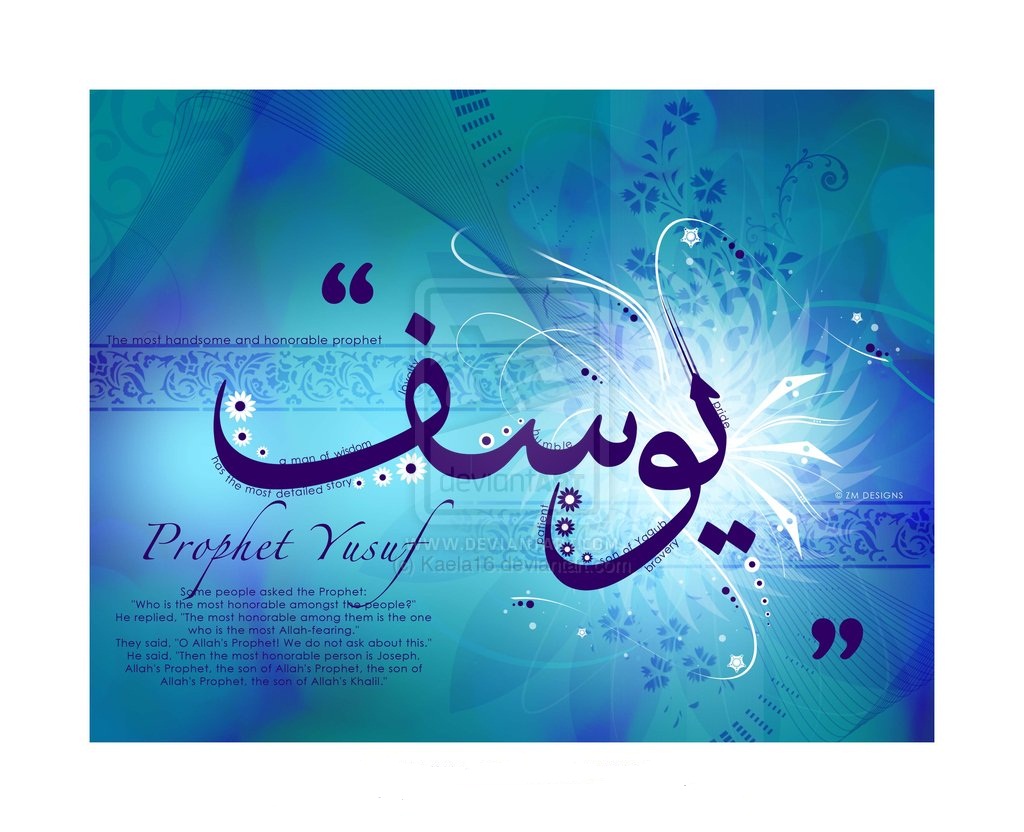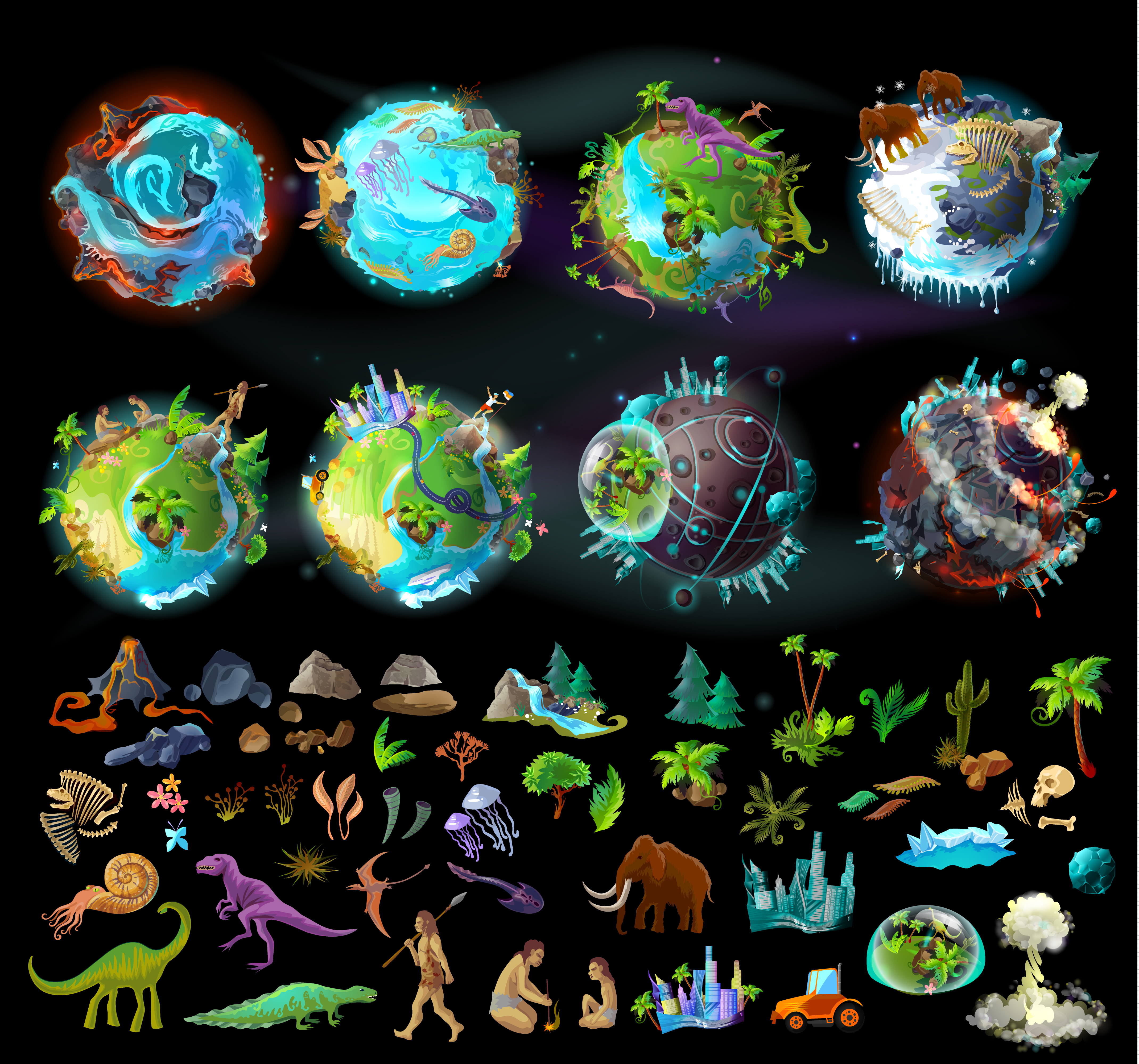By Editorial Staff
In this video, Dr. William Lane Craig reflects on the the kalam cosmological argument because of its historic roots in medieval Islamic theology. Kalam is the Arabic word for medieval theology). Today this argument, largely forgotten since the time of Kant, is once again back at center stage.
What is the argument which has stirred such interest? Let’s allow one of the greatest medieval protagonists in this debate to speak for himself. Al-Ghazali was a twelfth century Muslim theologian from Persia, or modern day Iran. He was concerned that Muslim philosophers of his day were being influenced by ancient Greek philosophy to deny God’s creation of the universe. After thoroughly studying the teachings of these philosophers, Ghazali wrote a withering critique of their views entitled The Incoherence of the Philosophers.
In this fascinating book, he argues that the idea of a beginningless universe is absurd. The universe must have a beginning, and since nothing begins to exist without a cause, there must be a transcendent Creator of the universe.
Al-Ghazali formulates his argument very simply: “Every being which begins has a cause for its beginning; now the world is a being which begins; therefore, it possesses a cause for its beginning.”
Al-Ghazali’s reasoning involves three simple steps:
1- Whatever begins to exist has a cause of its beginning.
2- The universe began to exist.
2- Therefore, the universe has a cause of its beginning.
Watch the video to know more about the the Kalam Cosmological Argument to prove the existence of God.
Source: Dr. Craig Videos







